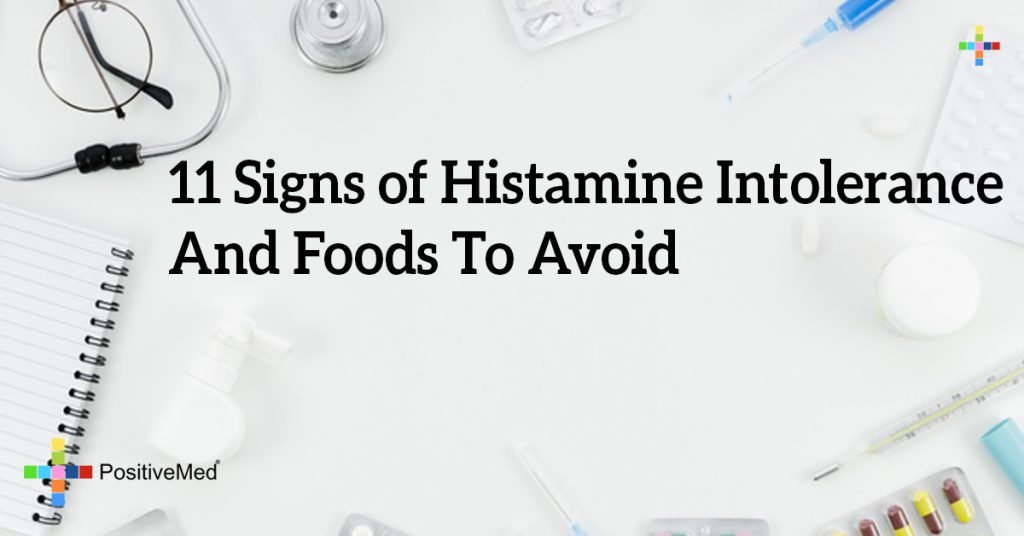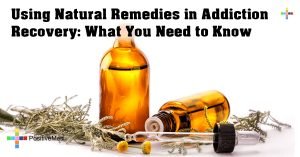
Could You Unwittingly Be Suffering From Histamine Intolerance? Histamines are important natural chemicals within the human body that have many important functions. They can act as neurotransmitters, support the immune system, regulate gastrointestinal functions, tone blood vessels and aid in the proper functioning of muscles. During an allergic reaction, histamines are usually released to create what should be a protective inflammatory response to protect bodily systems. However, in people with histamine intolerance, the body’s system that breaks down and degrades histamines after such a response is impaired, creating a state of prolonged inflammation.

What are the Signs of Histamine Intolerance?
Since histamines are the primary chemical response that causes an allergic reaction, histamine intolerance is often mistaken at first for allergies. Signs that could indicate the condition is more than allergies include:
- Itching
- Hives or rashes
- Swelling, especially in the face and mouth. This may be accompanied by the feeling of a narrowed or tightened throat
- Low blood pressure
- Increased heart rate
- Chest pain
- A runny nose or eyes
- Eye irritation or swelling
- Headaches, confusion or dizziness
- Digestive issues, such as diarrhea, heartburn or nausea
- Brief loss of consciousness
Many of these symptoms mimic those of a more serious condition, such as a heart attack or anaphylaxis which is a severe and potentially fatal allergic reaction. Some people may also mistake these symptoms for a panic attack or anxiety disorder, making the path to being diagnosed with histamine intolerance often riddled with fruitless doctor visits, tests and medication trials.
RELATED ARTICLE: 3 Natural Remedies For Eye Irritation
Food and Histamine Intolerance
Surprisingly, diet can have a major impact on histamine intolerance. Since people that suffer from this disorder have an impaired response to histamine breakdown, it is very important for them to avoid certain foods that naturally contain a high amount of histamines. Avoiding these top 10 offenders can provide sizable relief:
- Fish – All fish, including shellfish, begin to produce histamines as soon as they die.
- Fermented foods – This category includes cheese, alcoholic beverages, fermented vegetables like sauerkraut, fermented soy products such as soy sauce or tofu and meat products such as lunch meat or pepperoni. The process of fermentation naturally produces high levels of histamines.
- Tomatoes
- Eggplants
- Citrus fruits
- Berries, such as raspberries, strawberries or blueberries
- Pitted fruits such as avocados, apricots, plums or cherries
- Pumpkin
- Eggs
- Food preservatives such as benzoates, sorbates or sulfites
RELATED ARTICLE: Things You Should Know About Blood Pressure and Hypertension
Hope for Those Suffering from Histamine Intolerance
Due to the transient symptoms that mimic other syndromes, many people struggle to have this disorder diagnosed. However, consulting with your doctor to discuss symptoms and appropriate tests can help to differentiate histamine intolerance from other diagnoses. Consultation with an allergist and dietitian will help you to discover your triggers and regain a healthful and happy life.







